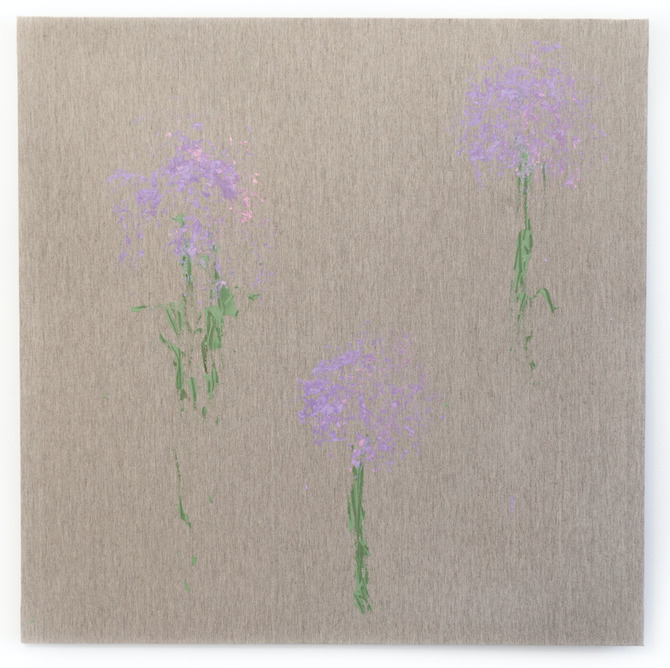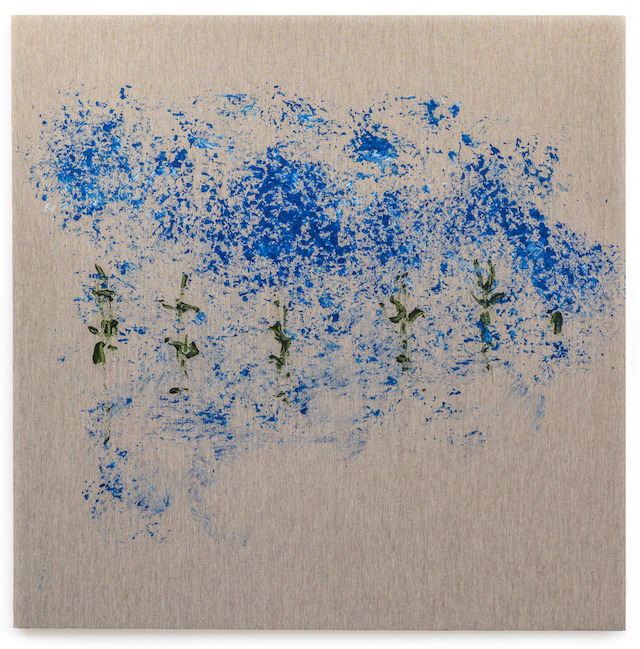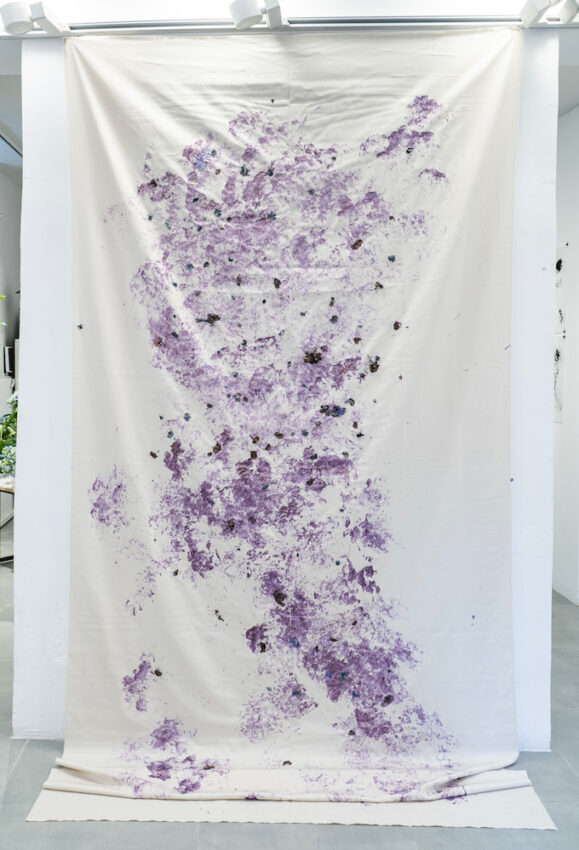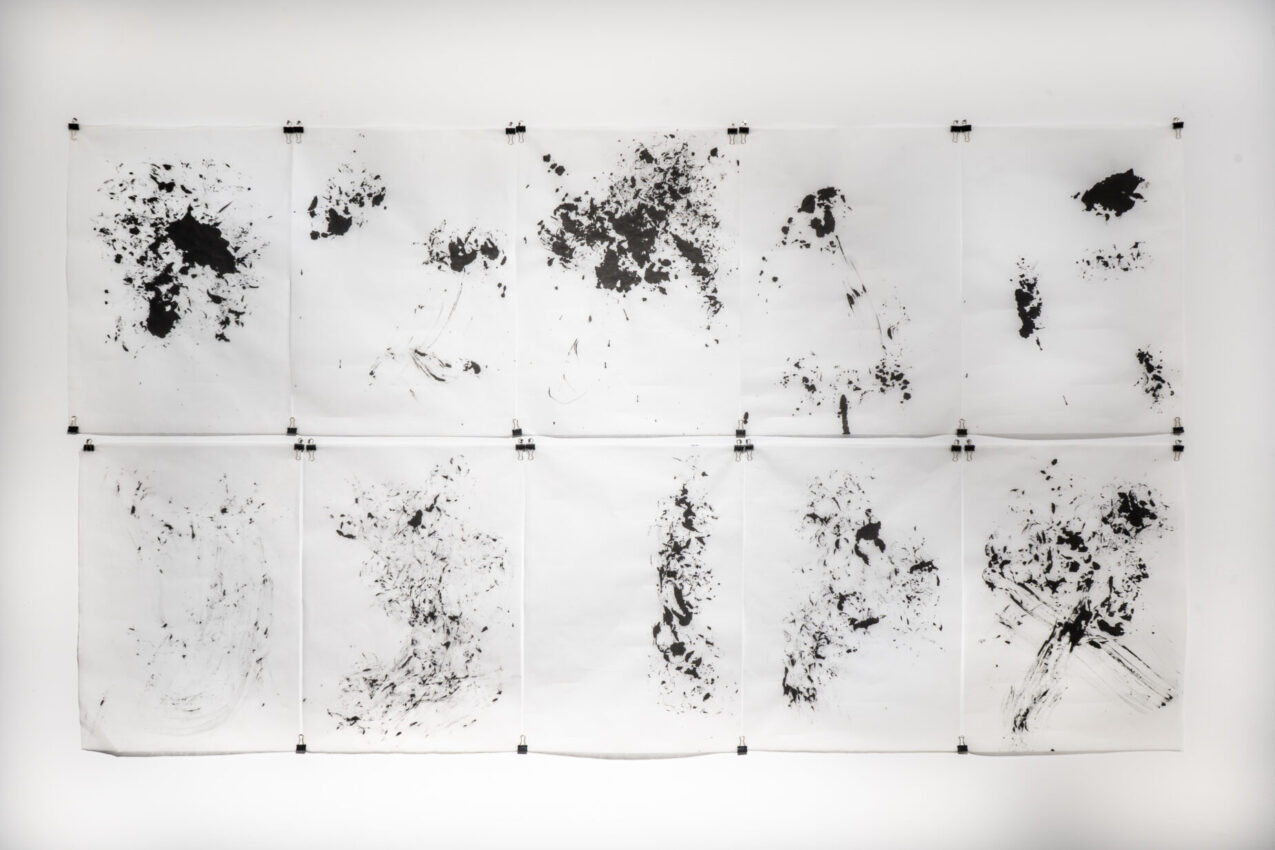Naturism
Naturism
Naturism is a word coined by Masaaki Hasegawa to express the idea of a nature-centered approach to art. It places humans not in the center but considers them simply as an element of nature, and sees art as a phenomenon in the ecosystem. It challenges one of the most critical human values: the idea that humanity is the most valuable existence in the world.
Currently, human-related activities have huge impacts on the earth, but this does not mean that humans are the most precious and valuable existence on the planet or in the universe. Naturism doubts and questions our position, value, and role in this world, and nature-centralism leads us to redefine the relationship between nature, humans, and art.
In the context of art, this means we can modify our perspective of reality. The traditional perspective—humans as the center of the world—is replaced by another perspective to redefine our relationship with the outer world. It aims to disrupt the unconscious hierarchy that humans have created and place them as an element within and of the world.
Documentation of experience as artwork
The role of artwork in Naturism is the documentation of interactions between the artist and nature. The idea comes from the concept of haiku from Japan, which is the shortest format of poetry in the world. The main role of haiku is not to create beautiful poems but to document the experience of the beauty of nature. Having beautiful haiku is a result of experiencing beauty in nature. It is merely a consequence and not the objective. First, there is an experience of feeling the beauty of nature, and second, haiku intends to document it.





